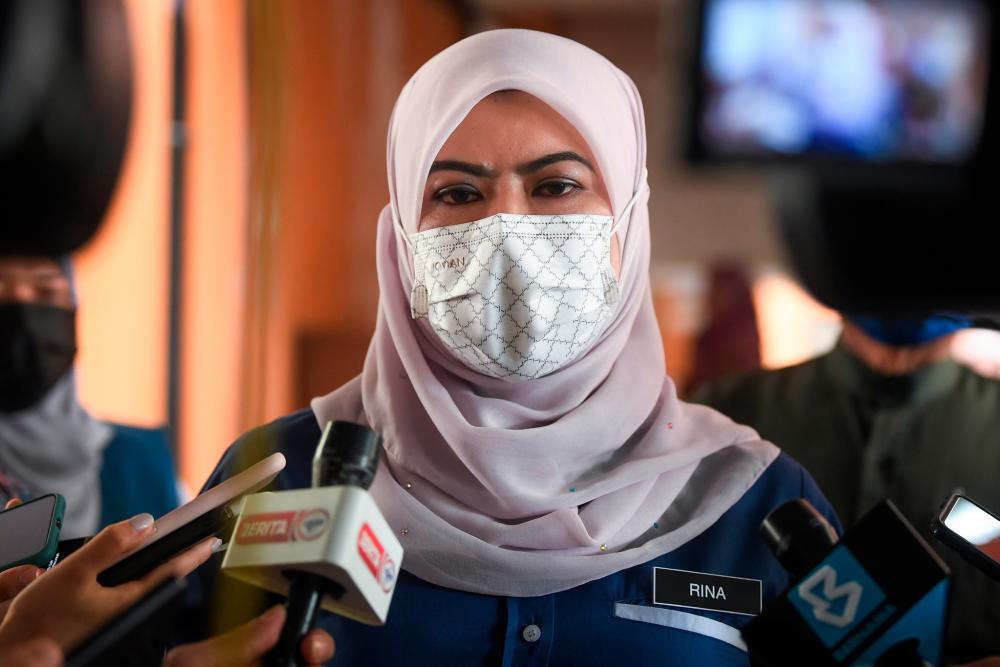PETALING JAYA: Losing a loved one is painful and complicated enough for an adult.
For a child, it can also be confusing.
For younger ones, working through grief and realising and accepting the fact that their loved ones are not coming back is difficult to fathom, according to mental health experts.
Losing a parent or both parents will affect the child psychologically, the Mental Illness Awareness and Support Association (Miasa) told theSun.
However, a child’s reaction to the loss of a parent also varies with age and life’s experiences.
“Some may develop trauma, especially when they lose both parents at the same time,” Miasa said.
Losing parents due to Covid-19 will leave lingering or persistent effects on a child, it added.
Early this week, Women, Family and Community Development Minister Datuk Seri Rina Harun (pix) said a total of 4,422 children have lost at least a parent or guardian to Covid-19. Of the total, 154 have lost both parents.
Miasa said children, particularly those aged 15 and below, and those who have yet to reach puberty, could end up blaming themselves for their parents’ health problems.
Miasa said children are not good at expressing grief or they may not be aware that they are grieving.
“This is where caregivers play a major role in getting them through the trauma,” it added.
Children, who lost their loved ones due to other causes, such as other illnesses, are able to visit them at a hospital to say their final farewell.
However, a child whose parent is infected with Covid-19 will not get the same opportunity.
“Children orphaned by Covid-19 would need counselling and rehabilitation to help them believe they still have a future,” Miasa added.
OrphanCare Foundation chief executive officer Datin Paduka Che Asmah Ibrahim said many people consider sending these orphaned children to a home.
“However, it is not the best solution. We hope the government will take a different approach,” she said.
She added that the next-of-kin should be the first option when looking for a suitable guardian for these children.
“Placing them in homes will only traumatise them further. A close relative or one who they are familiar with, will ensure that siblings are not separated,” she said.
Che Asmah described living conditions in most institutions as “sad”.
“Studies have shown that such institutions have a highly negative impact on a child’s growth.”
She added the children are mostly cut off from the outside world and have trouble adjusting to their new environment when they leave at the age of 18.
Che Asmah said the government should, with the help of non-governmental organisations and community groups, monitor these children to ensure that their welfare is being taken care of.
OrphanCare, which focuses on matching children with adoptive parents, is prepared to assist in assessing and monitoring possible adoptive family.
“If the children do not have relatives, we can help to look for couples to adopt them so they can grow up in a loving family environment,” Che Asmah added.















